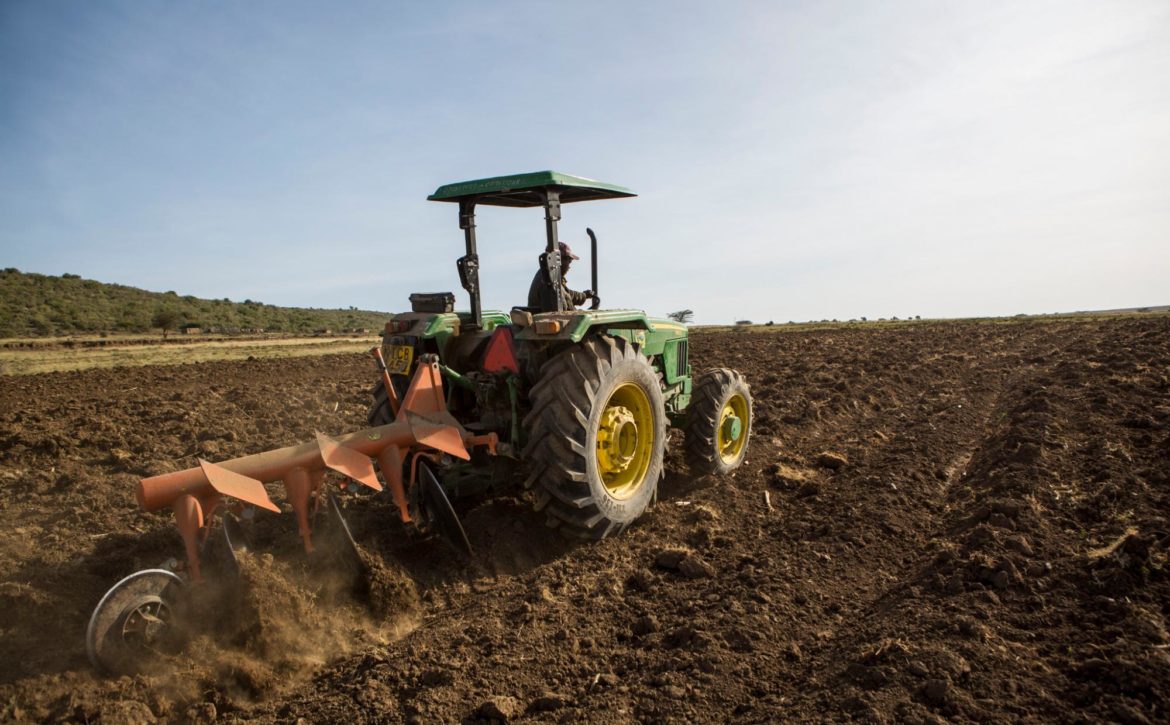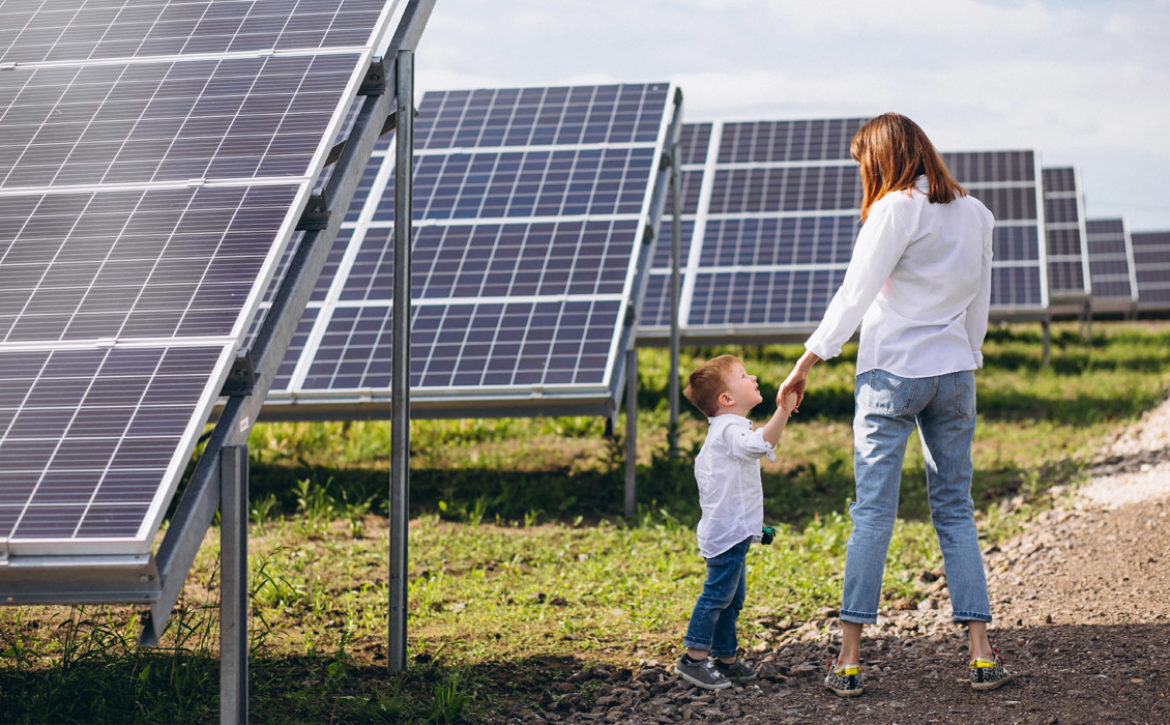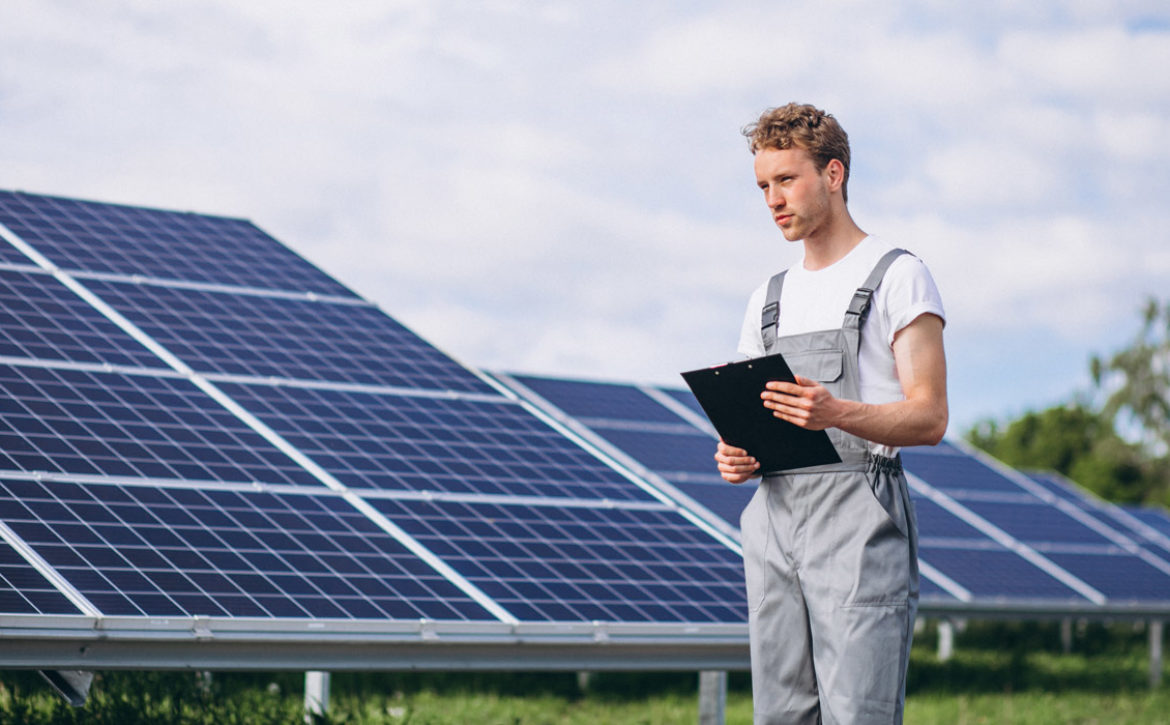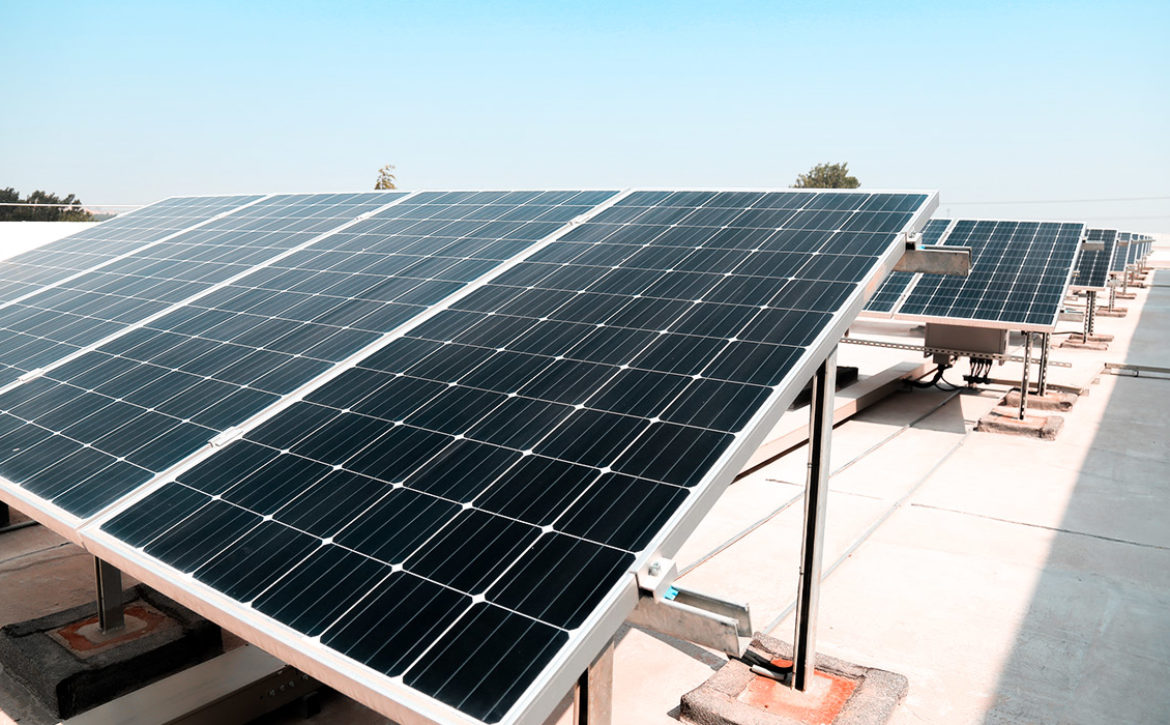Diesel-powered applications are used by some mid-sized and larger off-grid farms, but these appliances are typically not sized for small-scale farmers and have other drawbacks including high pollution levels and high recurring costs.But with renewable energy that comes from the natural ecosystem, rural small scale farmers can fully benefit from it.
In Kenya, the use of solar energy to generate power by small scale farmers is growing gradually. While it has been widely criticised for being expensive or inefficient, solar energy has now proved to be extremely beneficial to smallholder farmers. Solar energy is being used to pump water from rivers, boreholes, and other water sources.According to the Kenya National Bureau of Statistics survey report of 2019 only 6 per cent of farmland in Kenya is irrigated, this is partly due to poor access to affordable energy services on farms.The use of solar energy could help small scale farmers harness water for irrigation and domestic uses. Many small scale farmers use solar energy to dry farm produce to achieve the desired moisture content.
There are improved solar drying technologies readily available in Kenya to help small scale farmers effectively and efficiently attain the desired farm to produce moisture content at affordable costs.However, there is limited use of solar energy among small scale farmers in lighting houses at night and powering farm machines.Small scale farmers need to exploit the full potential of solar energy given its advantages over some of the more exploited energy sources. Despite the high initial costs of installation and power storage, solar energy has low maintenance costs and for small scale farmers it turns out to be cheaper in the long term.As a country, we are blessed with adequate sunshine throughout the year to generate enough power that would satisfy power demand for all small scale farmers. Harnessing this power by installing solar panels can make a significant difference in the cost of energy by small scale farmers thus helping them to make more positive net incomes.The various stakeholders who support small scale farmers should help them embrace and invest in solar energy.
The government should put in place appropriate policies to promote investment in renewable energy sources like solar power.Various incentives could be entrenched in such policies to encourage small scale farmers. Financial support mechanisms to support small scale farmers who are investing in renewable energy sources should be developed and implemented.Some of these would include low-interest credit facilities to small scale farmers who are putting an initial investment in solar energy.It is also prudent that the National Government, County Governments, non-governmental organizations, and other players create adequate awareness and knowledge on solar energy and particularly targeting the small scale farmers.On the other hand, small scale farmers at the community level should form co-operatives and community-based organizations to enable them to consolidate funds to invest in solar energy.














